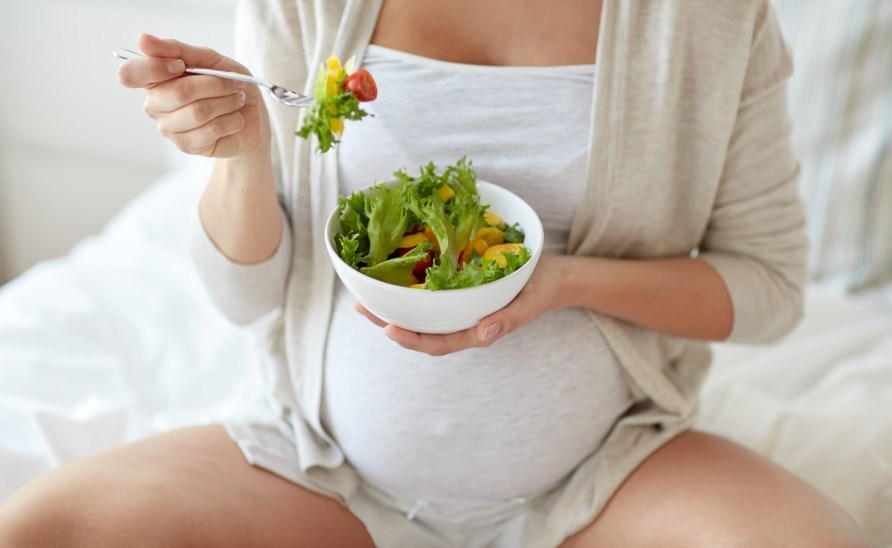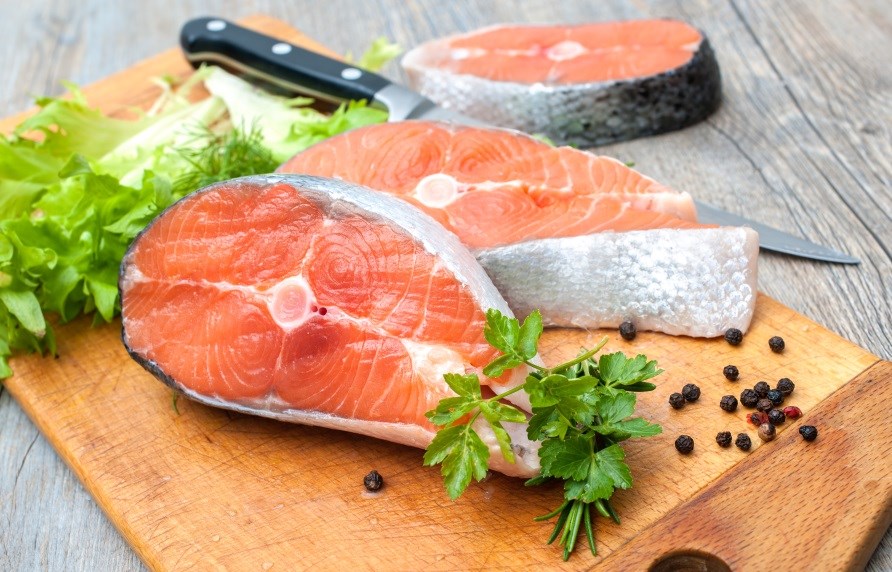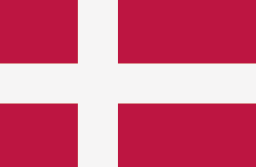Food and supplements during pregnancy
During a pregnancy, many questions regarding diet can arise - what should a pregnant woman eat, how much and which dietary supplements may be relevant? Here we have gathered lots of advice and tips for the dizzying time of pregnancy.
Food for pregnant women
The most important thing is to eat good, nutritious food that contains the vitamins, minerals and other substances that the body needs when it has to create a new human being. Pregnancy means an increased need for nutrition by about 200-400 calories per day, depending on which trimester you are in and what kind of diet you had previously. Of course, this is also affected by how much you exercise, but since many women reduce the intensity of exercise during pregnancy, the need for calories does not increase as much. Going on a diet during a pregnancy is not appropriate, nor is it appropriate to binge on unhealthy foods.

Get the right nutrients during pregnancy.
Dietary supplements for pregnancy
It is always a good idea to consult with your midwife about your diet and what substances may need to be supplemented through dietary supplements, but we have put together some general tips on substances that many women need during pregnancy.
Folic acid
Women who are planning to become pregnant or are pregnant are recommended by the National Food Administration to take 400 mg of folic acid daily, as folic acid has a number of important roles to play in fetal development. Folate and folic acid are different forms of the same B-vitamin and are necessary for the cells' metabolism and for the formation of red blood cells. Folate is found naturally in the diet, for example in lentils, beans, legumes and dark green leafy vegetables, but many women consume too little of this important substance in terms of how much is needed during pregnancy. Folic acid is an artificially produced folate that is easier for the body to absorb. In severe cases, folate deficiency causes anemia and can lead to the fetus not developing normally during pregnancy, such as in the event of spina bifida.
Iron
Iron is important for the formation of red blood cells, and a lack of iron can lead to anemia in both mother and fetus. Maternity clinics regularly take blood samples for hemoglobin to prevent iron deficiency, and suggest which type of iron supplement may be relevant if the hemoglobin value is too low. Far from all women need iron supplements, and iron levels that are too high can be toxic, so always consult a midwife before starting an extra intake of iron. This is what the Swedish Food Agency's recommendation for women’s iron intake looks like:
| Girls 14-17 years | Women of childbearing age | Other adults | |
| Amount of iron needed | 15 milligrams | 15 milligrams | 9 milligrams |
Calcium
Another mineral that it is important to get enough of is calcium, which, among other things, contributes to the development of children's teeth and bone structure. Calcium is found naturally in dairy products and eggs, among other things, but can also be taken as a dietary supplement.
Polyunsaturated fat
The polyunsaturated omega-3 fatty acids (mainly EPA and DHA) are necessary for the fetus to develop normally and stay healthy. DHA is especially important for the development of the unborn baby's brain and nervous system. Polyunsaturated fatty acids are found in fatty fish, rapeseed oil and walnuts. Just like with vitamins and minerals, you have to ingest omega-3 through the diet, as the body cannot form it itself.
Fish and shellfish are rich in both omega-3, vitamin D, iodine and selenium, which the body needs extra of during pregnancy, which is why it’s good to eat fish 2-3 times a week. If you don’t eat much fish, you can choose supplements of omega-3 instead. Here you can read more about the polyunsaturated fat in omega-3. The recommendations vary when it comes to which fish are good to eat during pregnancy, so ask your midwife to be on the safe side.
Salmon is a good source of omega-3.
Vitamin D
Vitamin D helps the body absorb calcium - which is why it is extra important to get vitamin D through the diet or as a dietary supplement. Vitamin D is found in, for example, fish, eggs and milk. However, the sun is the largest source of vitamin D, as the sun's rays cause the vitamin to form naturally in the skin. On the other hand, too much exposure to the sun is not good in the long run either, as it increases the risk of sunburn, so it is important to sunbathe in moderation even during pregnancy.
Iodine
Another important mineral is iodine, which is often added to salt due to iodine-poor soils. Iodine is important for both you and your baby's thyroid function. Therefore, feel free to choose a household salt that is iodine-enriched.

